#modernist literature
Text
e.m. forster was like "i'm gonna write a novel about a sad gay boy who can't experiment at school, is struck with longing for other boys, needs to navigate different ideas of being gay and then give him his ultimate wish - fucking the garden boy. oh and i'm also gonna make everything a foreshadowing" and i adore him for it
#em forster#maurice#maurice hall#clive durham#alec scudder#modernist literature#english literature#someone pls yell with me about maurice i have so many feelings#also this analysis will drive me insane
287 notes
·
View notes
Text

"I invent to know myself", quote by brazilian poet Manoel de Barros
#manoel de barros#poesia brasileira#poesia#typography#badauecomunica#mine#escritores brasileiros#literary modernism#modernist literature#literatura brasileira#arte brasileira#brazilian artists#brazilian art#lettering#literatura modernista#brasilcore#brasil#brazilcore#brazil#🇧🇷#brazilian culture#cultura brasileira#brazilian#brasileiro#brasileiros
37 notes
·
View notes
Text
Current reading is The Radiance of the King by Camara Laye. First published in French in 1954, it's a fascinating novel that deconstructs African colonialism (Laye was from what is now Guinea) through complex layers of allegory, symbolism, and magical realism. There are points of contact with other great 20th century novels--Kafka's The Trial, most notably--but at the same time, it's something uniquely African and uniquely itself. Definitely worth a read.
(Incidentally: Laye was all of 26 when he published this novel. ...And now I'm going to go huddle in the corner and weep over what I've failed to accomplish in my life.)
#personal#current reading#20th century literature#African literature#modernist literature#Camara Laye
20 notes
·
View notes
Text
"[W]hen you're my age you'll see that the world is crammed with delightful things. I think young people make such a mistake about that -- not letting themselves be happy. I sometimes think that happiness is the only thing that counts. I don't know you well enough to say, but I should guess you might be a little inclined to -- when one's young and attractive -- I'm going to say it! -- everything's at one's feet."
~Virignia Woolf, The Voyage Out (1915)
#virginia woolf#the voyage out#quotes#lit quotes#literature quotes#literary quotes#literature#literary quotations#quotations#book quotes#book excerpt#literary excerpts#british lit#british literature#british literature quotes#english lit#english literature#english literature quotes#modernism#modernist literature#british author#english author#classic lit#classic lit quotes#classic literature#classic literature quotes#youth#life quotes#being young#20th century lit
49 notes
·
View notes
Text
"She could be herself, by herself. And that was what now she often felt the need of - to think; well not even to think. To be silent; to be alone. All the being and the doing, expansive, glittering, vocal, evaporated; and one shrunk, with a sense of solemnity, to being oneself, a wedge-shaped core of darkness, something invisible to others."
— Virginia Woolf, To the lighthouse (1927)
12 notes
·
View notes
Text
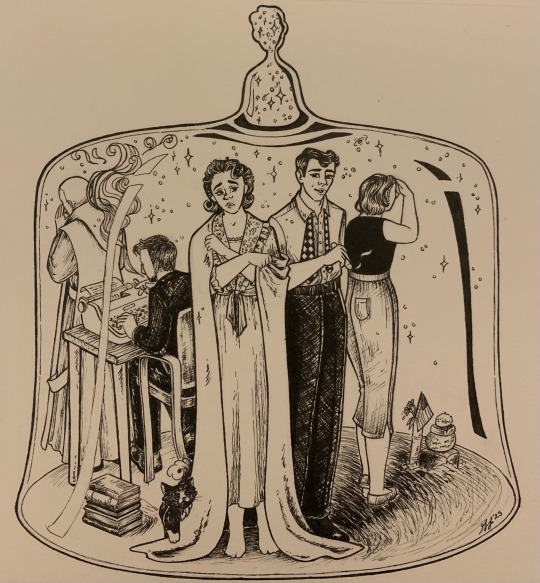
“We’re freaks, that’s all.”
- Zooey in Franny and Zooey by J. D. Salinger
#all of salinger’s stories about the glass family are so so good#franny and zooey#j.d. salinger#franny glass#zooey glass#seymour glass#buddy glass#pen art#modernist literature
25 notes
·
View notes
Text
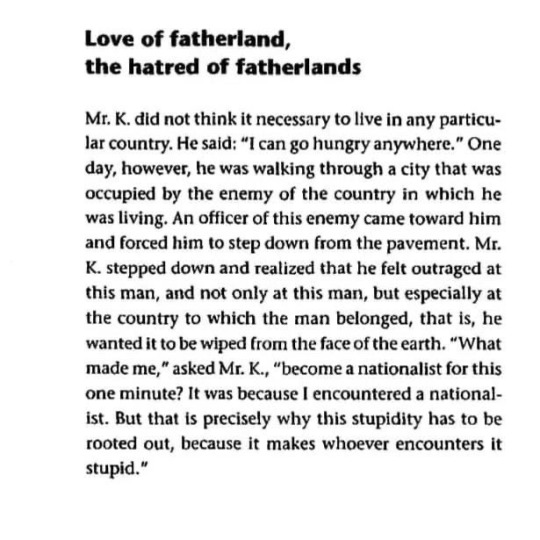
Bertolt Brecht
9 notes
·
View notes
Text
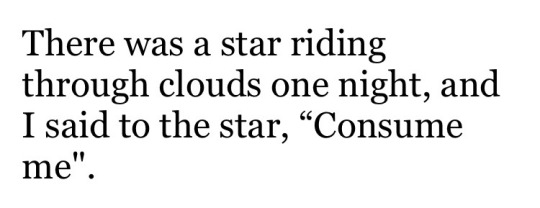


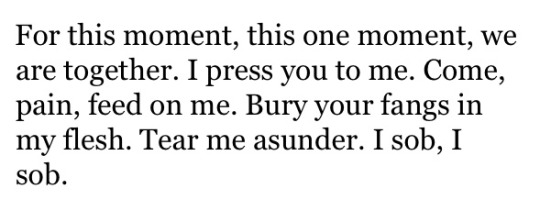
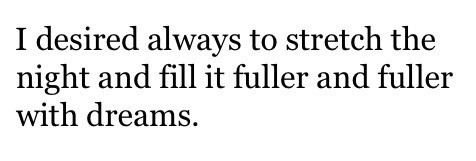

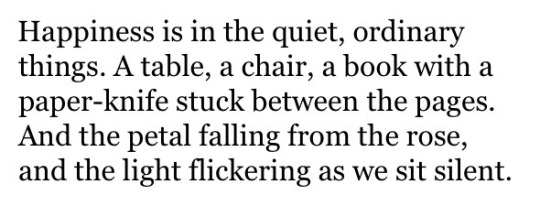

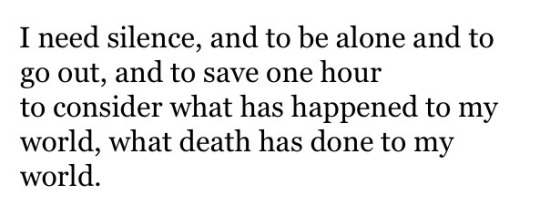



sometimes i like to reread certain quotes from virginia woolf’s the waves and go a little bit insane
#virginia woolf#the waves#books#literature#modernist literature#modernism#bloomsbury group#twentieth century literature#quotes#the waves 1931#ellis reads#i was never the biggest woolf fan but hot damn
34 notes
·
View notes
Photo

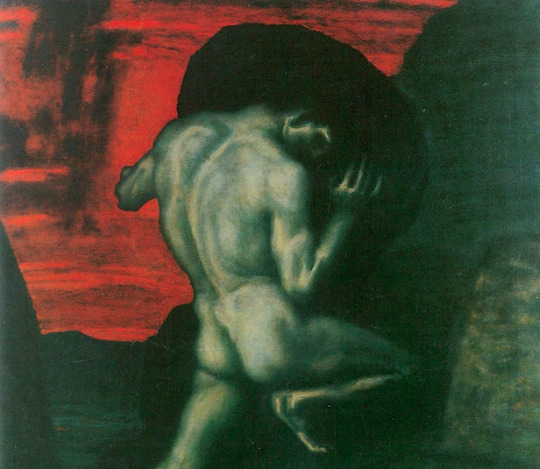
Man versus The World. The difference between Albert Camus and Franz Kafka. Camus unflinching belief in humanity was rock solid and unshakable. No matter how ugly the world got, there would always be enough beauty inside of mankind, inside of each person, to light up the universe or at least to keep themselves warm and safe from the dark. Just as much as Camus believed in mans victorious outcome against the pressure of the world, Kafka believed in mans inevitable defeat against it. All of Kafkas heros meet the same fate of death, and in his world it is the worlds hopelessness which is rock hard and unshakable.
#franz kafka#Albert Camus#fyodor dostoyevsky#Poetry#Poems#classical literature#classical poetry#existentialism#Absurdism#modernism#modernist literature#sylvia plath#jean paul sartre#vladimir nabokov#anton chekhov#leo tolstoy#freidrich nietzsche
391 notes
·
View notes
Text
Clarissa aveva una teoria, in quei tempi - ne avevano a iosa, di teorie, sempre teorie, come accade ai giovani. Avrebbero dovuto servire a spiegare il loro scontento: lo scontento di non conoscere la gente, e di non essere conosciuti. Poiché, come ci si poteva conoscere? Ci ci incontra ogni giorno; e poi non ci si vede più per mesi, per anni. Essi riconoscevano che era sconfortante, conoscere così poco i propri simili.
La signora Dalloway, V. Woolf, 1925
#virginia woolf#mrs dalloway#la signora dalloway#traduzione#traduzione italiana#edizione italiana#letteratura inglese#letteratura britannica#letteratura modernista#modernismo#citazioni#english literature#british literature#modernist literature#modernism#literature#reading#read in 2024#book quotes#books and reading#love#mailmiocuoredipietratremaancora
5 notes
·
View notes
Text
what do you mean phoebe waller-bridge and miranda hart derived their fourth wall breaking voices weaving in and out of character-audience interactions from JEAN RHYS
good morning, midnight (1939). the book that just keeps giving
#slightly foxed lit podcast altering my reality in ten seconds#i’m so obsessed with this book#the darkest humour in tragedy#of course it walked so fleabag could run#tldr the gigolo does the voice thing in rhys gmm#miranda seymour queen of literary bios mentions this#CO Posts#co speaks#good morning midnight#jean rhys#fleabag#phoebe waller bridge#miranda hart#classic literature#modernist literature
4 notes
·
View notes
Text
she’s a 10 but she has a weirdly strong emotional attachment to vladimir from waiting for godot
#samuel beckett#waiting for godot#studyblr#study blog#modernist literature#modernism#english student#english literature#english lit student#irish literature#bookblr
17 notes
·
View notes
Text
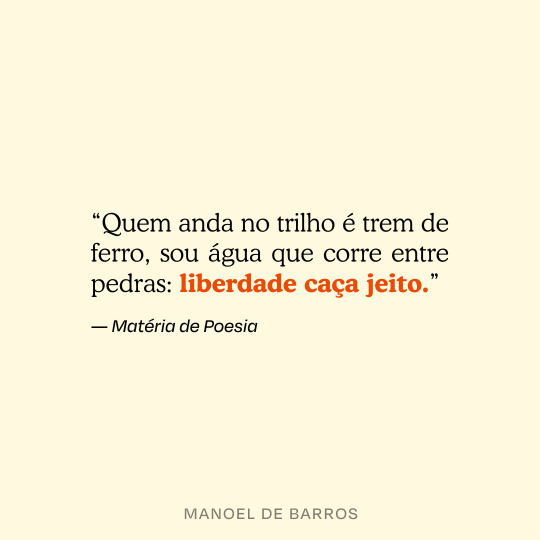
"That which walks on the track is the iron train, I am water which runs between the stones: freedom finds a way", quote by brazilian poet Manoel de Barros
#manoel de barros#poesia brasileira#poesia#typography#badauecomunica#mine#escritores brasileiros#literary modernism#modernist literature#literatura brasileira#arte brasileira#brazilian artists#brazilian art#lettering#literatura modernista#brasilcore#brasil#brazilcore#brazil#🇧🇷#brazilian culture#cultura brasileira#brazilian#brasileiro#brasileiros
22 notes
·
View notes
Text
"Navigating the Labyrinth: James Joyce's Ulysses and the Odyssey of the Human Mind"

James Joyce's "Ulysses" stands as a formidable literary labyrinth, a narrative tour de force that immerses readers in the intricate complexities of the human experience. Published in 1922, this modernist masterpiece has carved a unique niche in the literary landscape, challenging and captivating readers with its avant-garde style and profound exploration of the ordinary. In "Ulysses," Joyce transforms a single day in the life of three characters—Stephen Dedalus, Leopold Bloom, and Molly Bloom—into an epic journey through the streets of Dublin, mirroring the structure of Homer's "Odyssey."
The novel unfolds with a linguistic prowess that is both daunting and exhilarating. Joyce's stream-of-consciousness technique weaves a tapestry of thoughts, memories, and sensory impressions, capturing the ever-shifting landscapes of the characters' minds. The use of multiple narrative styles, rich symbolism, and a kaleidoscope of allusions creates a literary symphony that challenges traditional notions of storytelling. "Ulysses" is not merely a novel; it is an immersive experience that demands active engagement from the reader.
Joyce's audacious experimentations with language are mirrored in his deep exploration of the mundane aspects of daily life. The seemingly trivial events of June 16, 1904, become a canvas on which Joyce paints a vivid portrait of humanity, exploring themes of love, identity, sexuality, religion, and the passage of time. Each episode is a microcosm reflecting the broader human condition, and Joyce's unflinching gaze transforms the ordinary into the extraordinary.
While "Ulysses" has earned its reputation as a challenging read, its difficulty is intrinsic to its brilliance. The novel's complexity mirrors the complexity of life itself, and its deliberate departure from traditional narrative structures invites readers to actively participate in the creation of meaning. As one navigates the labyrinth of Joyce's prose, the reward is not just in deciphering the text but in the profound insights gained about the nature of existence.
The legacy of "Ulysses" extends beyond its literary merits. It has become a touchstone for scholars, inspiring countless interpretations, analyses, and even an annual celebration known as Bloomsday. Joyce's work has influenced subsequent generations of writers, challenging them to push the boundaries of storytelling and language. The novel's impact is a testament to its enduring relevance, transcending time and cultural shifts.
In conclusion, "Ulysses" is a literary odyssey that invites readers to embark on a journey of self-discovery and intellectual exploration. Joyce's intricate narrative, linguistic virtuosity, and profound thematic scope make it a work that continues to resonate with those willing to navigate its intricate passages. While challenging, "Ulysses" stands as a testament to the limitless possibilities of literature, proving that within the labyrinth of complexity lies a rich tapestry of human experience waiting to be unraveled and understood.
James Joyce's "Ulysses" is available in Amazon in paperback 17.99$ and hardcover 25.99$ editions.
Number of pages: 482
Language: English
Rating: 9/10
Link of the book!
Review By: King's Cat
#James Joyce#Ulysses#Modernist literature#Stream of consciousness#Avant-garde#“Odyssey” adaptation#Dublin#June 16#1904#Stephen Dedalus#Leopold Bloom#Molly Bloom#Linguistic prowess#Symbolism#Allusion#Narrative experimentation#Literary symphony#Human experience#Mundane aspects#Daily life#Love#Identity#Sexuality#Religion#Passage of time#Microcosm#Complexity#Trivial events#Profound insights#Active engagement
5 notes
·
View notes
Text
"History... is a nightmare from which I am trying to awake."
~ James Joyce, Ulysses
#history is a nightmare from which i am trying to awake#james joyce#ulysses#stephen dedalus#quotes#lit quotes#literature quotes#literature#literary quotes#literary quotations#quotations#irish lit#irish literature#modernist literature#irish author#modernism#20th century literature#20th century lit#classic lit#classic literature#classic lit quotes#classic literature quotes#e
28 notes
·
View notes
Text
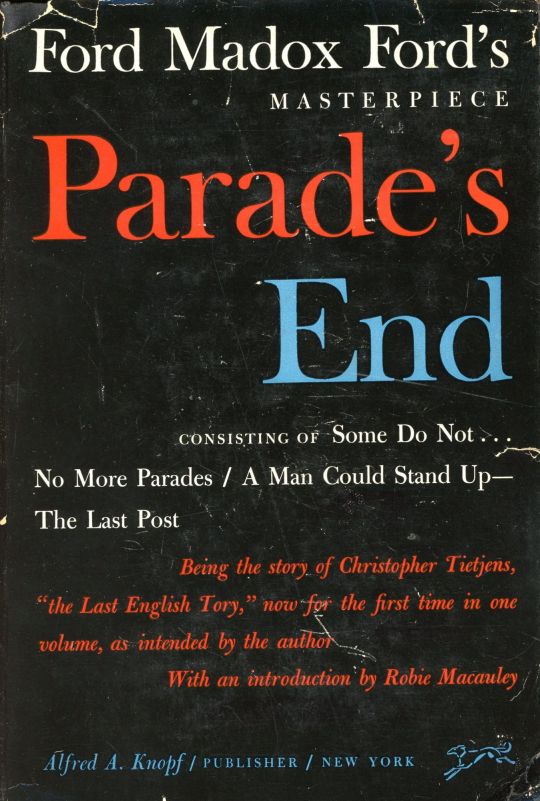
Parade's End by Ford Madox Ford
#Ford Madox Ford#parade's end#christopher tietjens#modernism#modernist literature#no more parades#last post#A Man Could Stand Up —#Some Do Not ...#m
2 notes
·
View notes